Introduction: As technology continues to evolve, artificial intelligence (AI) is becoming increasingly integral to various industries, including digital marketing. In this blog, we’ll delve into the significant impact of AI on automated SEO strategies and how businesses can leverage this advanced technology for improved search engine visibility.
1. Understanding the Fusion of AI and SEO: A Paradigm Shift: Explore the transformative role of AI in the realm of SEO. AI-powered tools and algorithms are changing the way businesses approach search engine optimization, offering more efficient and data-driven solutions.
2. AI-Powered Keyword Research: Uncovering Hidden Opportunities: AI streamlines the keyword research process by analyzing vast amounts of data to identify relevant keywords with low competition and high search volume. This helps businesses uncover hidden opportunities for targeted content creation.
3. Content Creation with Natural Language Processing (NLP): Crafting Engaging and Relevant Content: Utilize Natural Language Processing (NLP) to enhance content creation. AI algorithms can understand and generate human-like text, enabling the creation of engaging, relevant, and SEO-friendly content.
4. Automated Content Optimization: Dynamic Adjustments for Better Performance: AI-driven tools can automatically optimize content based on real-time data. This includes adjusting keywords, improving readability, and adapting to changing search engine algorithms for better overall performance.
5. AI in On-Page SEO: Dynamic Meta Tags and Header Optimization: Experience the dynamic capabilities of AI in on-page SEO. Automated tools can dynamically optimize meta tags, headers, and other on-page elements based on user behavior and search engine trends.
6. Personalized User Experience with AI: Enhancing Engagement: AI enables the delivery of personalized user experiences. By analyzing user behavior and preferences, businesses can tailor content recommendations, improving user engagement and satisfaction.
7. AI-Powered Link Building Strategies: Identifying Quality Opportunities: Optimize link-building strategies with AI. Automated tools can analyze vast datasets to identify high-quality backlink opportunities, ensuring a more effective and data-driven approach to building website authority.
8. AI in Rank Tracking and Analytics: Real-Time Insights for Decision-Making: Experience the power of real-time insights with AI-driven rank tracking and analytics. Businesses can make informed decisions by accessing up-to-the-minute data on keyword rankings, organic traffic, and user behavior.
9. Voice Search Optimization with AI: Adapting to Changing Search Trends: As voice search continues to rise, AI plays a crucial role in voice search optimization. AI algorithms can understand natural language queries, helping businesses tailor their content to meet the demands of voice search users.
10. Predictive SEO Analytics: Anticipating Trends and Opportunities: Harness the predictive analytics capabilities of AI for SEO. By analyzing historical data and market trends, AI can help businesses anticipate future trends and identify opportunities for proactive SEO strategies.
Conclusion: The integration of AI in automated SEO represents a significant leap forward in the efficiency and effectiveness of digital marketing strategies. Businesses that embrace AI-powered tools for keyword research, content creation, on-page SEO, personalized user experiences, link building, analytics, voice search optimization, and predictive analytics can stay ahead in the ever-evolving landscape of search engine optimization.




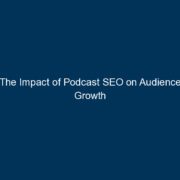

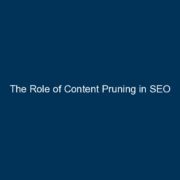


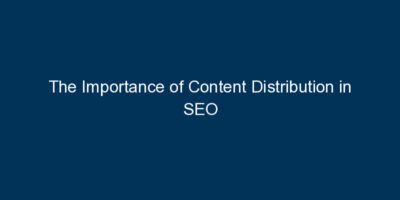
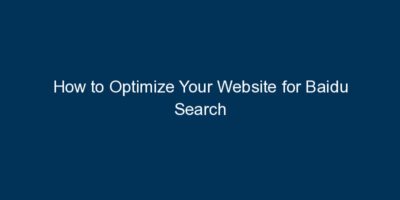
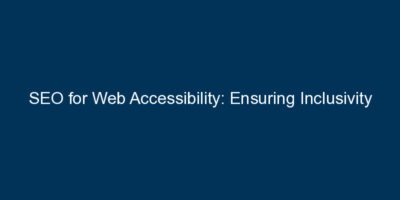

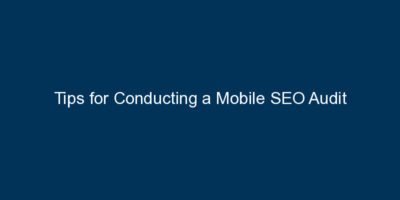
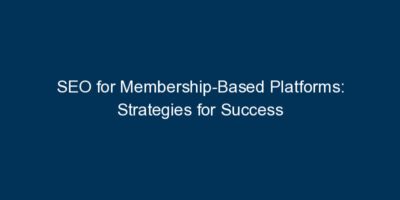








Comments